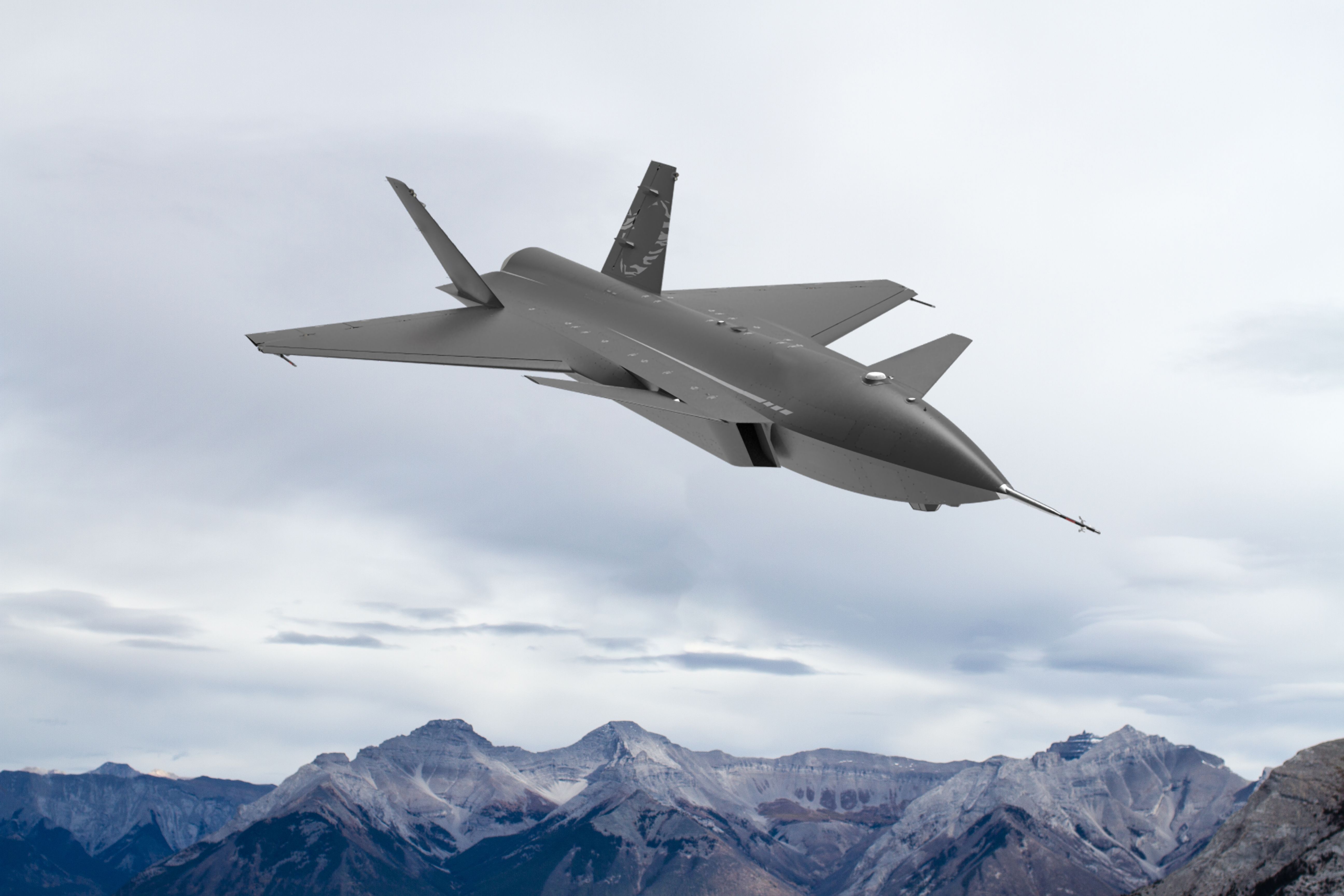The Pentagon is showing enthusiasm for the “Replicator” initiative, which focuses on using autonomous systems like drones across various domains, aiming to compete with China’s advantage in mass. While the concept looks promising in theory, the adoption of such technology should be approached with caution. Past military interventions have shown that the real-world effectiveness of “revolutionary” technologies can differ significantly from claims. Furthermore, solely banking on technological superiority without focusing on diplomatic solutions may lead to escalated tensions and potential conflicts, rather than deterrence.
Key Points:
- Deputy Defense Secretary Kathleen Hicks highlighted the Pentagon’s new approach with the “Replicator” initiative, aiming to leverage cheaper, adaptable autonomous systems to match China’s mass weaponry advantage.
- Despite the potential benefits of these new technologies, their real-world effectiveness remains a concern, with past wars like Operation Desert Storm revealing discrepancies between technological claims and actual performance.
- The drive for autonomous technology is partly based on the observed success of drones in the Ukraine war. However, comparing their effectiveness in Ukraine to a potential conflict with China, a nuclear power, might be premature.
- Before fully adopting new technologies, proper assessments, tests, and diplomatic solutions should be prioritized to prevent the escalation of tensions and potential large-scale conflicts.
- Technological advancements alone aren’t a foolproof strategy; political and diplomatic initiatives are essential to decrease the chances of a conflict between major powers.
Source: https://www.defenseone.com/ideas/2023/08/beware-pentagon-techno-enthusiasm/389885/






